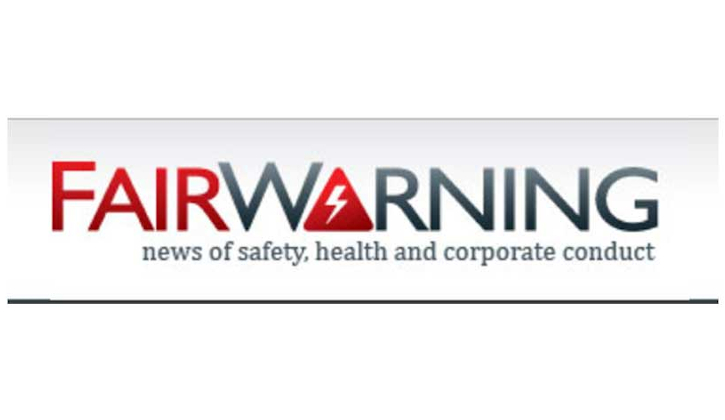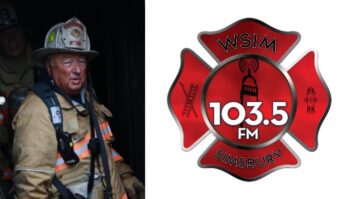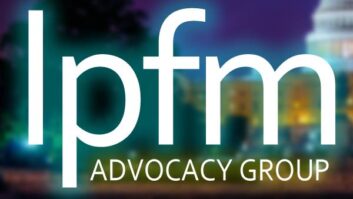The author is executive director of the National Federation of Community Broadcasters. NFCB commentaries are featured regularly at www.radioworld.com.
One of the stranger media industry stories surfaced last week as a cautionary tale for any organization not taking its leadership role seriously.
Nonprofit news outlet FairWarning closed Feb. 20 after allegations of inflammatory remarks by editor Myron Levin came to light on Twitter. According to a job candidate, Levin brushed off concerns of FairWarning’s lack of diversity in its board and staffing, offering various questionable hot takes in the interview. Controversy ensued. The staff went public to say Levin, who had already been planning to step down after an executive search, should resign.
[Read: Community Broadcaster: Unspoken]
Those involved in media for any length of time have seen other scandals play out similarly. In most cases, the leader in question apologizes and steps aside, so that the media organization can continue its needed work and retain the trust of its audience. In a jaw-dropping move, Levin and the board penned spirited defenses of the editor and a rebuke of the candidate. While charging the candidate of distorting the interview and making a point of saying he wasn’t hired, Levin does not outright say the account is a lie, either. The board then told the aggrieved staff they were out of jobs and that the whole operation was dissolving. Current dives further into this bizarre turn of events.
What can other organizations learn from such a colossal governance and leadership flop? How can your radio station avoid such issues?

First, whether you are interviewing job candidates, volunteers or prospective board members, it’s important to remember that they’re interviewing you as much as you’re interviewing them. Word choice matters. Such conversations are formal exchanges about your organization, its values and your leadership style. When you’re looked at as a resource, it’s at times easy to forget those conversations are not simply between you and the person you’re talking with, but are a chance to convey your organization’s vision for how its workplace functions.
Second, no matter if you believe Levin is completely innocent, covering up, or falls somewhere in the middle, clearly the subject of accountability bears reflection. At times, our words may not have been heard as we think they should be when someone else hears them. And when they aren’t, the old-school go-to of blame the listener does not cut it in today’s world. Salting your response by presenting others’ accounts as an “attack,” or cloaking yourself in self-righteousness only makes you look guilty. Apologizing and humbly accepting how one’s words were heard and pledging to do better shouldn’t be so hard, yet people sometimes make it so.
Finally, governance training for media organizations, especially nonprofit radio stations, is essential. Nonprofit boards have historically been taught that they have three core responsibilities. Among those is what is called the duty of loyalty, or operating the organization in its best interests above personalities. Boards supervise executives and, when it is time, replace them to ensure continuity of services, so that the nonprofit keeps delivering what its constituents expect. It may be hard for any established media organization to comprehend how a nine-person board (including Levin) would simply shut down a media outlet in response to criticism. In many instances, a lack of board training may be the issue.







